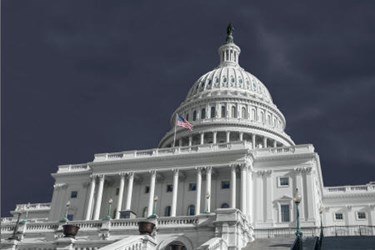House Passes 21st Century Cures Act

By Christine Kern, contributing writer

Landmark legislation now heads to the Senate for anticipated approval.
The U.S. House of Representatives has passed the sweeping $5.3 billion 21st Century Cures Act that is designed to spark medical innovation, facilitate faster access to new drugs, expand access to mental health treatments, and help combat the raging opioid epidemic nationwide. The bill enjoys widespread bipartisan support and is backed by the Obama administration, though CNBC reports some critics say the bill backs the pharmaceutical industry with handouts while cutting Medicare and other public health programs. The bill, which includes $1.8 billion to fund Vice President Joe Biden’s Cancer Moonshot initiative, passed 392-26.
This is not the first time the legislation has made it through the House. In 2015, the bill — with a number of interoperability provisions — was passed by an overwhelming margin, as Health IT Outcomes reported.
“It’s personal — people have family members with Alzheimer’s, people have family members who died of breast cancer. They see children with these awful diseases. This is the answer,” Michigan GOP Rep. Fred Upton, the author of the bill, told reporters.
Co-sponsor of the bill Colorado Democratic Rep. Diana DeGette stressed the overwhelming margin of the vote, stating, “We have strong majorities from Democrats and Republicans in the House.” DeGette noted that despite, the fact that a couple of senators raised concerns with a few provisions, she expected it to pass in the Senate as well.
CHIME has supported the bill from the beginning, issuing a statement on November 30, 2016 that asserted the 21st Century Cures Act “would significantly improve the ability of hospitals and other providers to exchange accurate patient data and advance personalized care.” In particular, the bill contains several provisions that directly affect health information technology policies, and “CHIME is especially encouraged that in a number of sections the bill addresses the critical issues of accurately identifying patients and matching them to their health records. The absence of national solutions for patient identification and patient matching not only pose serious risks to patient safety, but also lead to resources being wasted on cleaning up duplicative medical records, as well as creating other efficiencies.”
“We are on the cusp of something special — a once-in-a-generation opportunity to transform how we treat disease,” said Representative Upton. “With today’s vote, we are taking a giant leap on the path to cures.”
